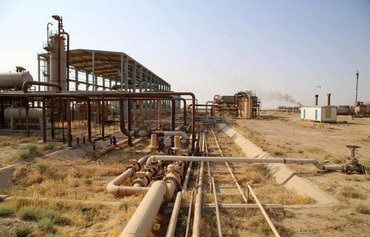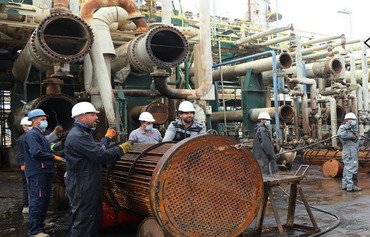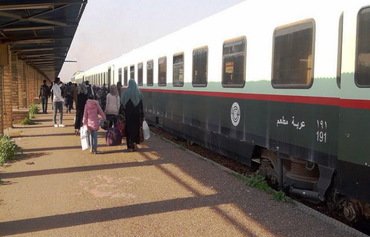The Iraqi government has provided all areas liberated from the "Islamic State of Iraq and Syria" (ISIS) with oil derivatives, an Iraqi official told Diyaruna Friday (November 3rd).
The move comes as part of efforts to meet the need for fuel of internally displaced people (IDPs) and people who have returned to their areas of residence, before the low temperatures set in.
The Ministry of Oil "has spared no effort to immediately start rehabilitating energy facilities as soon as a city is freed from the terrorist group", said ministry spokesman Assem Jihad.
Oil facilities are operational again, he said, most recently the al-Qayyara oil refinery south of Mosul, after its damaged production units have been rebuilt.
Several warehouses storing oil derivatives and pipelines also have been rehabilitated, he said.
These reconstruction efforts were carried out at an accelerated pace for the purpose of supplying oil derivatives to the local population and reinstating electricity supply before the winter, he said.
Early planning pays off
Oil depots in Ninawa province have been equipped with large quantities of oil derivatives, including some 2,950 cubic metres of petrol, 5,200 cubic metres of white oil (kerosene) and 7,940 cubic metres of diesel fuel.
"There is an agreement with an investor-owned refinery to supply 40,000 barrels of refined oil per day to Ninawa and the rest of the liberated areas," Jihad said.
"We have completed the provision of fuel and have sufficient strategic reserves to cover the need," he added.
"The situation is relatively stable. We are not experiencing any problems or shortages," he said, noting that "this comes as a result of our early plans and actions".
By late September, the Ministry of Oil has succeeded in reactivating the Haditha refinery in western Anbar province to compensate for fuel shortages resulting from the continued suspension of production at the Baiji refinery.
Technical teams are currently rehabilitating the Baiji refinery in the north of Salaheddine province, which used to produce 15 million tonnes of oil derivatives per year.

![Technical teams repair oil production lines in al-Siniya refinery in a photo posted on October 23rd. [Photo from the North Refineries Company Facebook page]](/cnmi_di/images/2017/11/03/10247-iraq-oil-refinery-600_384.jpg)






